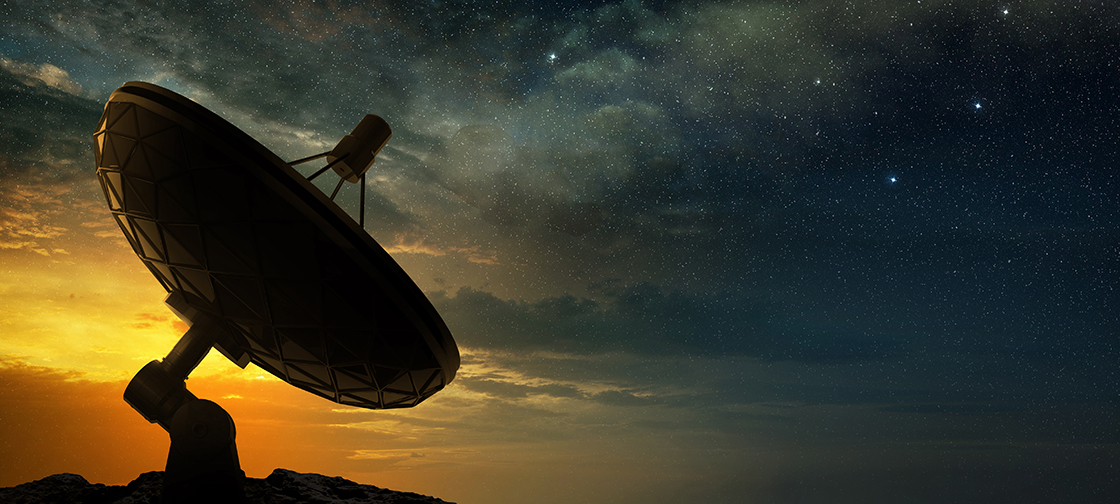A team of astronomers, including researchers at MIT, has picked up on a curious, repeating rhythm of fast radio bursts emanating from an unknown source outside our galaxy, 500 million light years away.
Fast radio bursts, or FRBs, are short, intense flashes of radio waves that are thought to be the product of small, distant, extremely dense objects, though exactly what those objects might be is a longstanding mystery in astrophysics. FRBs typically last a few milliseconds, during which time they can outshine entire galaxies.
Since the first FRB was observed in 2007, astronomers have catalogued over 100 fast radio bursts from distant sources scattered across the universe, outside our own galaxy. For the most part, these detections were one-offs, flashing briefly before disappearing entirely. In a handful of instances, astronomers observed fast radio bursts multiple times from the same source, though with no discernible pattern.
This new FRB source, which the team has catalogued as FRB 180916.J0158+65, is the first to produce a periodic, or cyclical pattern of fast radio bursts. The pattern begins with a noisy, four-day window, during which the source emits random bursts of radio waves, followed by a 12-day period of radio silence.
The astronomers observed that this 16-day pattern of fast radio bursts reoccurred consistently over 500 days of observations.
Source: “Astronomers detect regular rhythm of radio waves, with origins unknown”, Jennifer Chu, MIT News Office




